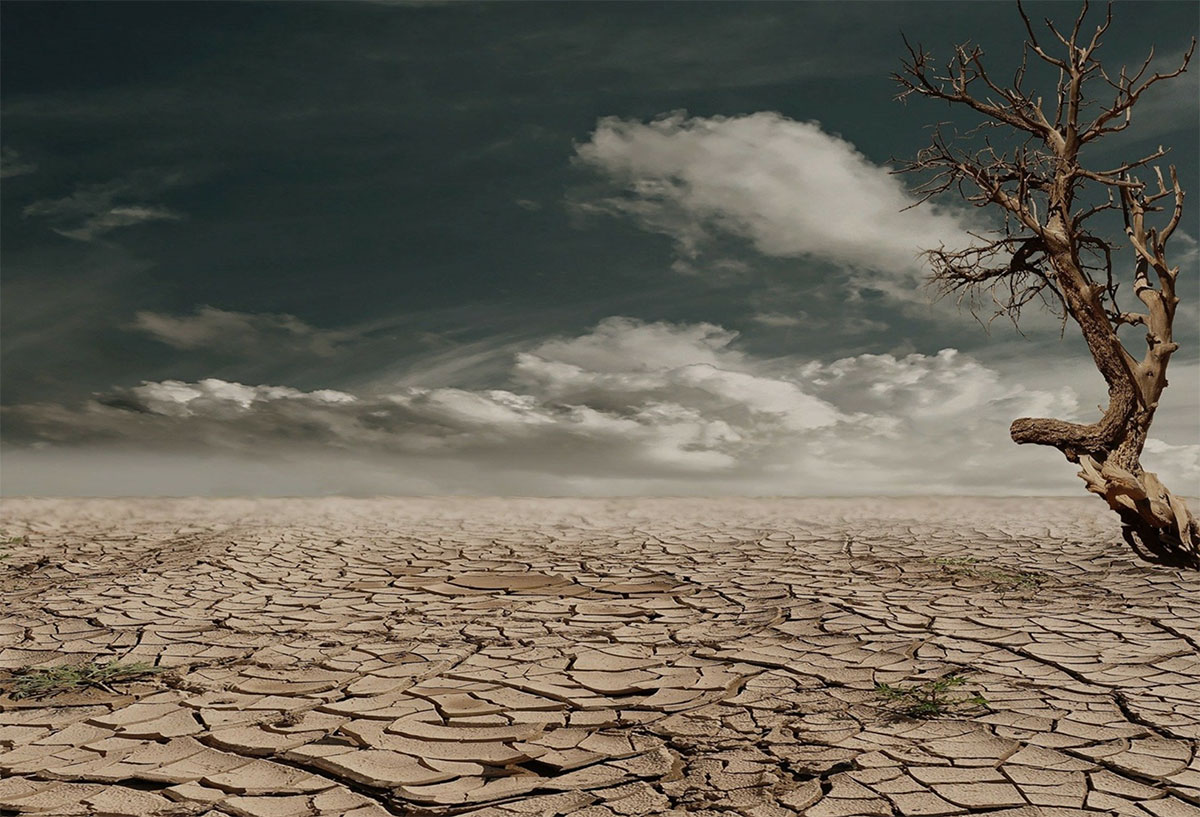LET THE ONE WHO IS WISE HEED THESE THINGS

Photo: Marion from Pixabay
Psalm 107
33 He turned rivers into a desert,
flowing springs into thirsty ground,
34 and fruitful land into a salt waste,
because of the wickedness of those who lived there.
35 He turned the desert into pools of water
and the parched ground into flowing springs;
36 there he brought the hungry to live,
and they founded a city where they could settle.
37 They sowed fields and planted vineyards
that yielded a fruitful harvest;
I’ve been thinking about these verses from Psalm 107 over the last couple of weeks. There are two opposing images which are stark in their contrast. They describe first of all an arid and ruined landscape and then a renewed and blessed garden city. These verses come after a series of stories of crisis, crying out and God’s intervention and rescue. They are stories that are emotional and dramatic – of exhaustion, imprisonment, sickness and shipwreck.
It is a psalm that encourages us to look back with deep recollection and realism in order to remember the difficult times and God’s rescue and faithfulness. And then it paints a picture of a future that is God’s heart for humanity, especially the poor and those who have been the victim of economic and social injustice.
The psalm continues:
39 Then their numbers decreased, and they were humbled
by oppression, calamity and sorrow;
40 he who pours contempt on nobles
made them wander in a trackless waste.
41 But he lifted the needy out of their affliction
and increased their families like flocks.
42 The upright see and rejoice,
but all the wicked shut their mouths.
This is still the plan of God now – to lead the rulers in such a way that those without power are well cared for. This week, the UN leaders are gathering with serious intent to examine what our responsibility is towards the precarious state of our planet. There is a looking back to decisions made and lifestyle assumptions that have led to a crisis of such proportion that the poor around the world are now at very serious risk; as is all humanity and the creatures it shares this world with.
When we look back – at how we have behaved but also at how God has spoken and intervened to help – then we have confidence that lovingkindness poured into our cry for mercy brings about a repentance that activates a redemptive partnering with God. In Noah’s day there was a wickedness that was ruining the earth, but Noah’s faithful obedience was the vehicle for a new start.
Our prayer should be that people made in the image of God recognise their plight and begin to instinctively cry out to him. And that the changes in expectations, attitudes and behaviours form a prayer of repentance and intent – like the building of an ark – which then finds the merciful plan of God.
Such looking back builds faith. It is not a nostalgic yet helpless yearning for a better or simpler time. It is a gaze into the goodness of God and the history we have with him. This then gives us strength and faith to face the future, to look forward with hope. This hope gives us confidence that in obedience and partnership with the Holy Spirit, we can reshape our future so that the arid place become freshly watered and the fields will produce a harvest. And of course this prayer can apply to our own personal lives, journeys and plans as well as the big issues that humanity currently faces.
Look back to look forward. Recognise the ruin and have vision for blessing. Mourn the loss so that emptiness can be filled. Remember the rescue and ask God to do it again. Put trust into practice and consciously build a Spirit inspired culture that can navigate the storms and brig deliverance for people, animals and God’s creation.
43 Let the one who is wise heed these things
and ponder the loving deeds of the LORD
Martin J Young
BUY THIS IS THAT